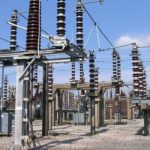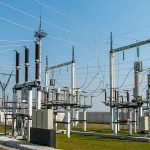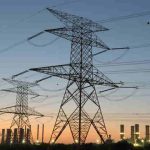A statewide blackout caused by a power plant failure in Cuba has left millions of people without power, closing schools and stopping public transportation in the capital city of Havana.
Food shortages and inflation are hallmarks of the island nation’s greatest economic crisis in thirty years.
Schools closed, public transportation came to a complete stop, and traffic lights went out, bringing the capital Havana to a near complete halt.
The head of electricity supply at the energy ministry, Lazara Guerra, said the process of restoring power to communist Cuba’s 11 million inhabitants was in its early stages.

The blackout followed weeks of power outages, lasting up to 20 hours a day in some provinces, which prompted Prime Minister Manuel Marrero on Thursday to declare an “energy emergency.”
The government on Thursday suspended all non-essential public services in order to prioritize electricity supply to homes.
Schools across the country have now been closed until Monday.
Authorities in Havana said hospitals and other essential facilities, which are powered by generators, would remain open.

For three months, Cubans have been battling chronic blackouts that had become longer and more frequent.
The national energy shortfall has hovered at around 30 percent, but on Thursday it rose to nearly 50 percent of the island’s needs, causing widespread frustration and anger.
President Miguel Diaz-Canel said on X Friday that the government would “not rest” until the lights were back on.














